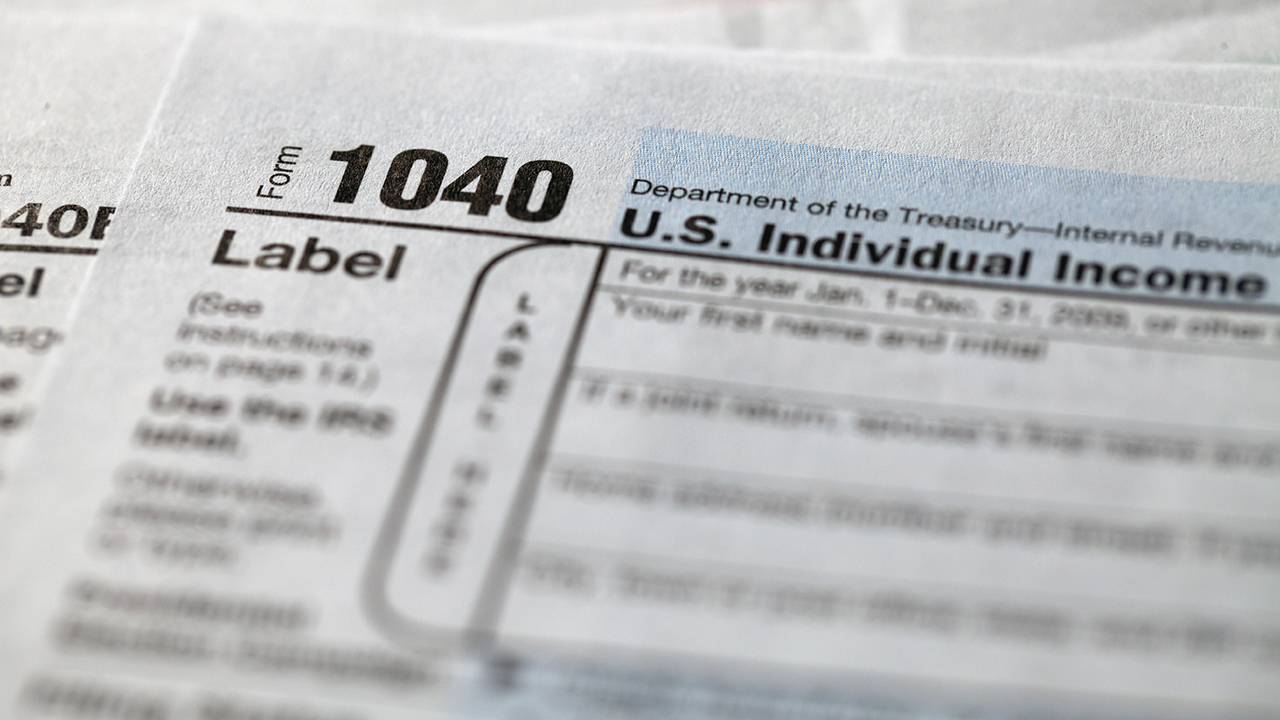Abortion rights, women of color, and LGBTQIA+ people are under attack. Pledge to join us in fighting for gender justice.
NWLC Releases New Demographic Data on Rent-Burdened Single Women
Issue Brief Also Includes State-Level Data on Individuals Who Were Behind on Rent from 2021-2023
WASHINGTON – The National Women’s Law Center (NWLC) released an issue brief today that includes new demographic data showing the share of single women, including single women raising at least one child on their own, who are struggling to afford rent. The issue brief also includes state-level data on the share of individuals — grouped by gender, race, disability status, and LGBT status — who were behind on their rent payments from 2021-2023.
See below for a statement from Sarah Hassmer, Director of Housing Justice at NWLC and co-author of the brief:
“Our data analysis underscores how difficult it is to be a single woman in our country, and this is especially true for single women raising children and single women of color. To make matters worse, greedy corporate landlords are hiking up rent faster than most employers are raising wages — creating a rental market that is far too unaffordable for many renters, particularly renters with low incomes. To achieve a more equitable housing market, we must implement major reforms that right the power imbalance between tenants and landlords.”
Key Takeaways:
NWLC’s data analysis reveals that in 2021, nearly half of single women raising children and who identified as Black, Native, AANHPI, or Latina were severely cost-burdened, which means that that they spent more than 50 percent of their income on rent.
These high rates of severely cost-burdened renters persisted in 2021 despite many of these families receiving an expanded Child Tax Credit and emergency rental assistance. This new analysis helps underscore that much more government interventions are necessary to make the rental market affordable for all.
The state-level data on individuals who were behind on rent from 2021-2023 revealed that in 45 states and DC, a greater share of women compared to men reported being behind on their rent. This discrepancy was ever greater for women of color and disabled women.
The issue brief advocates for rental policies that would help ensure rental housing is equitable to all, including:
- Creating a permanent Emergency Rental Assistance Program
- Creating a pathway to universal rental assistance
- Making robust public investments in increasing the supply of accessible and affordable housing
- Increasing tenant protections and fair housing enforcement
The data follows a recently released an analysis by NWLC which found between 2021 and 2022, the poverty rate for families with children headed by single women as measured by the Supplemental Poverty Measure (SPM) more than doubled from 11.9 percent to 26.7 percent.
####




